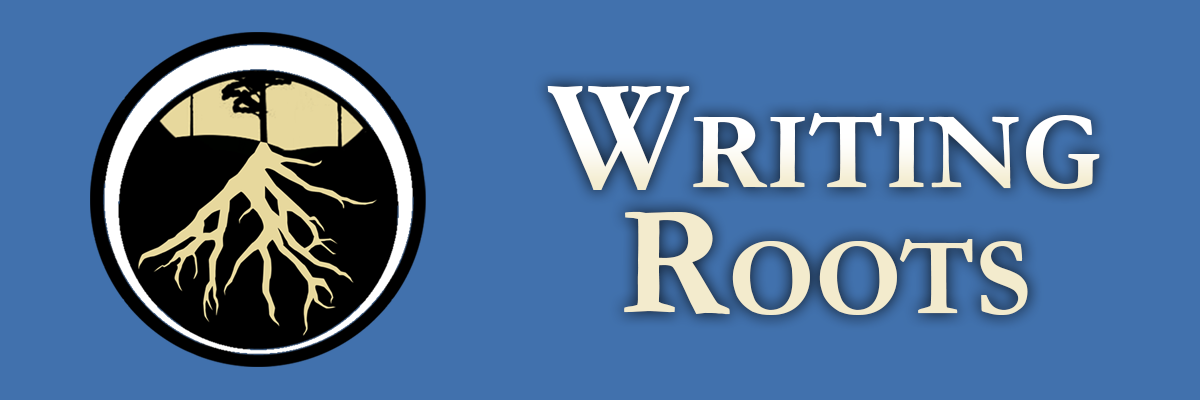S33E4 - Avoiding the Info Dump: Magic Systems
Not all readers are satisfied by the “And then the wizard saved the day!” plot point. Some want to understand the magic. They want to know its boundaries, see its limitations, and be able to anticipate the main character’s struggle. - Moriah Richard
S33E3 - Avoiding the Info Dump: Your World's Culture
The world doesn’t fully make sense until the writer has secured his version of it on the page. And the act of writing is strangely more lifelike than life. - Betsy Lerner
S33E2 - Avoiding the Info Dump: Your World's History
History is made not simply with events, but by remembering those events. A double drumbeat like a heartbeat. History can be written not only with books, but with ceremonies. - Christopher Bram
S33E1 - Avoiding the Info Dump: Your World's Politics
Good books don’t give up all their secrets at once. - Stephen King
S32E9 - Misunderstandings Between the Reader and the Story
Language is the source of misunderstandings. Antoine de Saint-Exupery
S23 Bonus - Evoking the Right Emotions in the Reader
The best moments in reading are when you come across something - a thought, a feeling, a way of looking at things - that you’d thought special, particular to you. And here it is, set down by someone else, a person you’ve never met, maybe even someone long dead. And it’s as if a hand has come out, and taken yours. - The History Boys
S32E8 - The Debate About Trigger Warnings
I wondered, reading about the college discussions, whether, one day, people would put a trigger warning on my fiction. I wondered whether or not they would be justified in doing it. And then I decided to do it first. - Neil GaimanThe idea that you have to be protected from any kind of uncomfortable emotion is what I absolutely do not subscribe to. - John Cleese
S32E7 - The Reader and the Fourth Wall
Hey! Yeah, you! I'm down here, busting my ***, while you sit on yours watching me jump around? How is that fair? -Deadpool
S32E6 - How Tropes and Clichés Play Into Reader Psychology
Plenty of masterpieces are just one cliché after another, Mozart for example, but that's quite natural, because if you think about it, two clichés that have met one another can beget the most original and profound effect. - Thomas Ades
S32E5 - The Psychology of Names and Sounds
Never trust a man with two first names, especially if one of them's a woman's. - Joel Hodgson, Mystery Science Theater 3000
S32E4 - Because I Said So: When Readers Accept Fudged Facts
You can make anything by writing. - C.S. Lewis
S32E3 - Impact of Opinions on the Reader
The purpose of a storyteller is not to tell you how to think, but to give you questions to think upon. - Brandon Sanderson
S32E2 - Reading to Escape
Reading gives us someplace to go when we have to stay where we are. - Mason Cooley
S32E1 - The Mechanics of Reading
Consolation from imaginary things is not imaginary consolation. - Roger Scruton
S31 Bonus - Using Writing Skills from Multiple Mediums
The act of choosing - the stories we tell versus the stories we leave out - will reverberate across the rest of your life. - Lin-Manuel Miranda
S31E8 - The Art of Writing Monologues for Actors
As a practical matter, I like the dramatic monologue for its compelling intimacy. To be inside one’s character, to register his or her every vagrant thought, emotion, and response - the first-person viewpoint grants this privilege and immediacy. - Norman Lock
S31E7 - Finding Story Within Gaming
Video games foster the mindset that allows creativity to grow. - Nolan Bushnell
S31E6 - Artistic Storytelling Through Comics
Words and pictures are yin and yang. Married, they produce a progeny more interesting than either parent. - Dr. Seuss
S31E5 - Journalistic Storytelling
From journalism I learned to write under pressure, to work with deadlines, to have limited space and time, to conduct an interview, to find information, to research, and above all, to use language as efficiently as possible and to remember always that there is a reader out there. - Isabel Allende
S31E4 - Stories in Advertising and Commercials
Creative without strategy is called art. Creative with strategy is called advertising. - Jef I. Richards




















